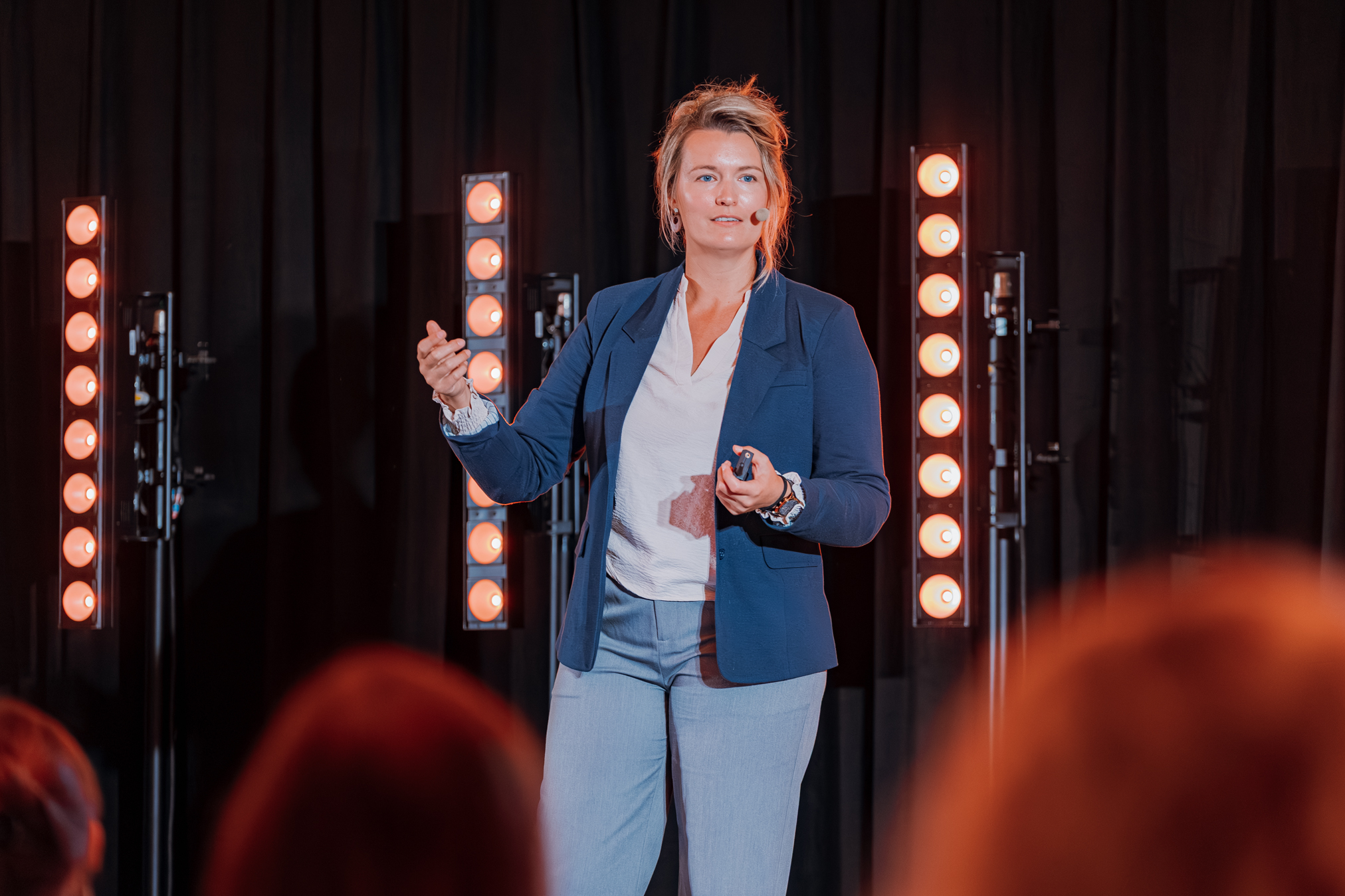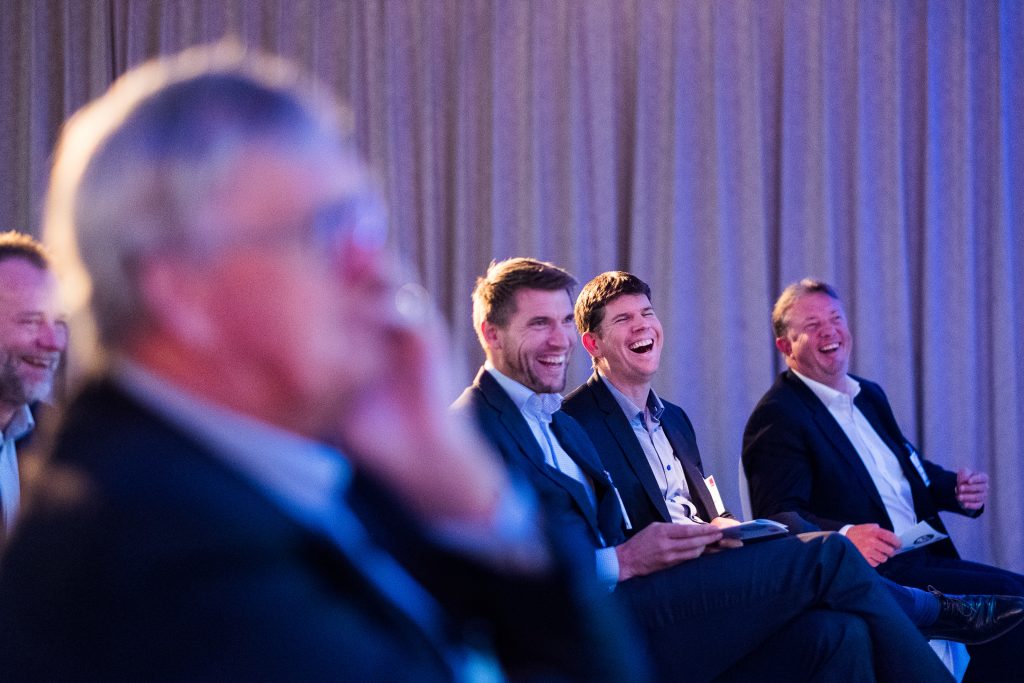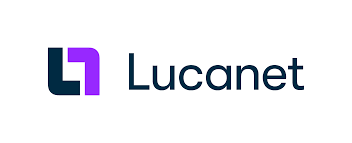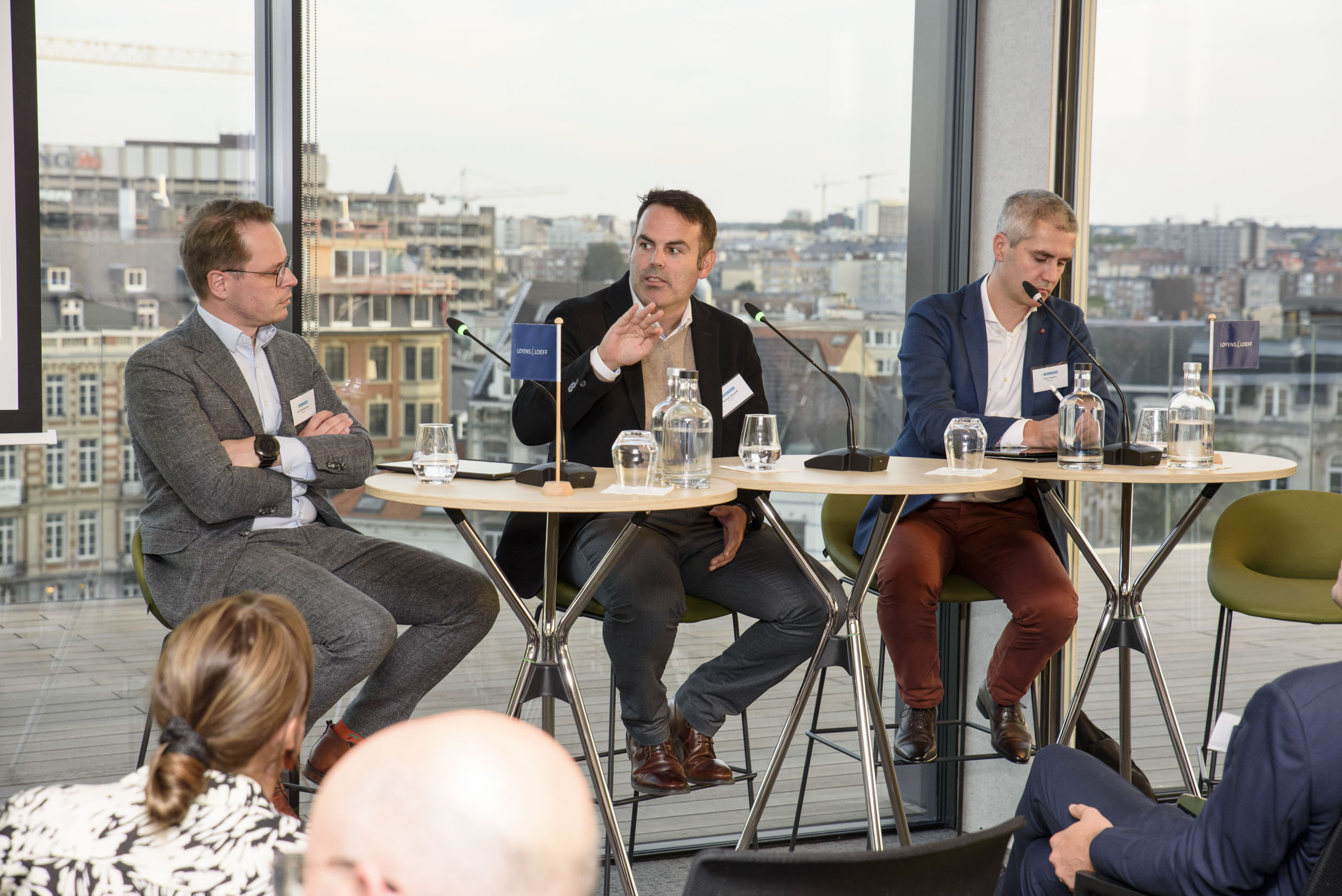
Karl Abelshausen, Thomas Depuydt and Toon Peeters.
Digitization in M&A: between hype and reality
As in so many other industries, a heavy digitization wave is raging in the M&A sector. What are its drivers and what impact does it have? This was the topic of the second M&A Forum, during which the Belgian M&A Community exchanged views and experiences.
The M&A Forum took place at the Brussels offices of law firm Loyens & Loeff, with a beautiful view on the city as background. Community manager Daphné Debaenst welcomed the more than 50 guests and observed a mix of familiar and new faces in the audience, a clear sign that more and more M&A professionals find their way to the initiatives.
Robrecht Coppens and Thomas Lenné, partners at Loyens & Loeff, took a few minutes to explain the importance of the topic at hand and why the law firm wanted to host this event.
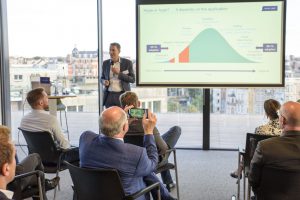
For Cayet, there are several major drivers behind digitalization and the rise of legaltech. The client side that wants to be served as (cost)-efficiently as possible is one of them. On the industry side, many new players are emerging who have mastered this technology, forcing established parties to join in as well. A third driver is that legaltech is now mature enough to create real impact. And, last but not least, there is of course the COVID-19 pandemic that gave home working and hybrid working a huge boost.
Legaltech
The rise of legaltech is also backed up by figures: in 2021, for example, over 9 billion dollars in venture capital flowed into the sector. Still, not all technologies are equally advanced, and clear distinctions need to be made. Things like electronic document management and virtual data rooms are already commonplace, but artificial intelligence or blockchain applications, for example, are still in their infancy, Cayet warned.
The use of tech is also very diverse in the various value chains around M&A.
The use of tech is also very diverse in the various value chains around M&A. For say funds formation, it does not go much beyond marketing and negotiations on side letters. In M&A, virtual data room and electronic signatures are the new normal. Finally, in portfolio management, things like compliance and reporting workflows have largely been digitized. This shows that digitization is not “one size fits all”.
At the same time, Cayet also pointed out the importance of change management. Encouraging people to use the technology to its fullest extent is at least half his job at the moment, he said.
Panel discussion
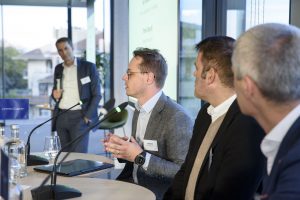
Irreversible

Regarding the third angle, it was Depuydt who was particularly enthusiastic: “Smartfin actively invests in technology and enjoys working with the founders. The turnaround has also begun and is irreversible”, Depuydt said. “If small firms want to remain competitive and relevant, they must join in with this transformation.”
Afterwards, the guests enjoyed the networking part with some drinks and bites.
See all pictures here.
Recente artikelen

Internetpionier Jo Caudron verrast met zijn nieuwste boek: ‘Fuck the system. (En andere slechte ideeën voor de toekomst)’. Hoewel het boek politiek lijkt, draait het volgens hem vooral om één boodschap: bedrijven krijgen in Trump-tijden een cruciale rol in Europa’s strategische koers.
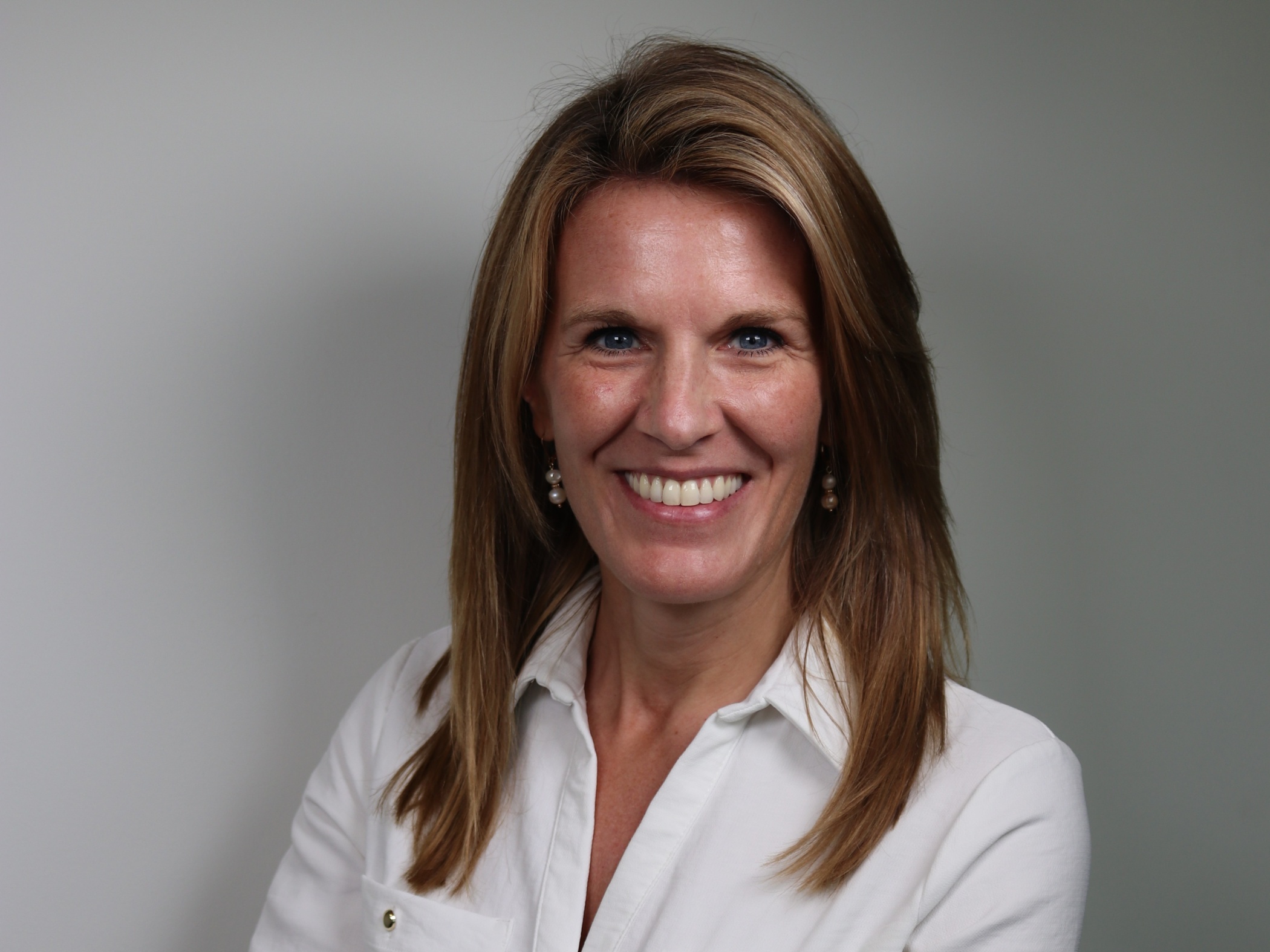
Dat de rol van de CFO de voorbije vijftien jaar ingrijpend is veranderd, zal niemand betwisten. Meer strategisch, klinkt het, maar welke soft en hard skills zijn vandaag belangrijk? Samen met Alexandra Lammens (ManpowerGroup) en Jurgen Van Eetvelde (Arvesta) tekenen we het profiel van de moderne CFO.
